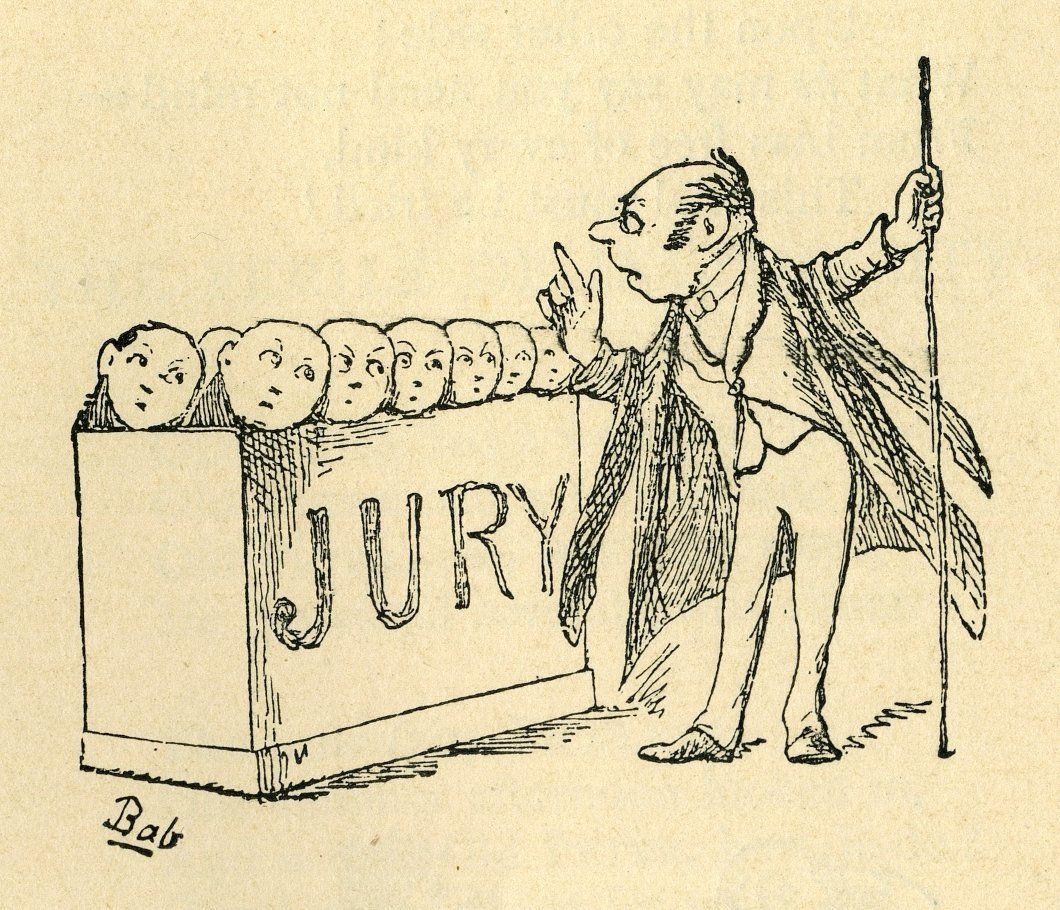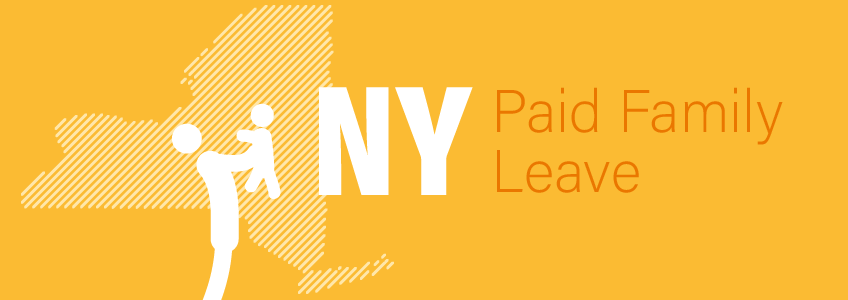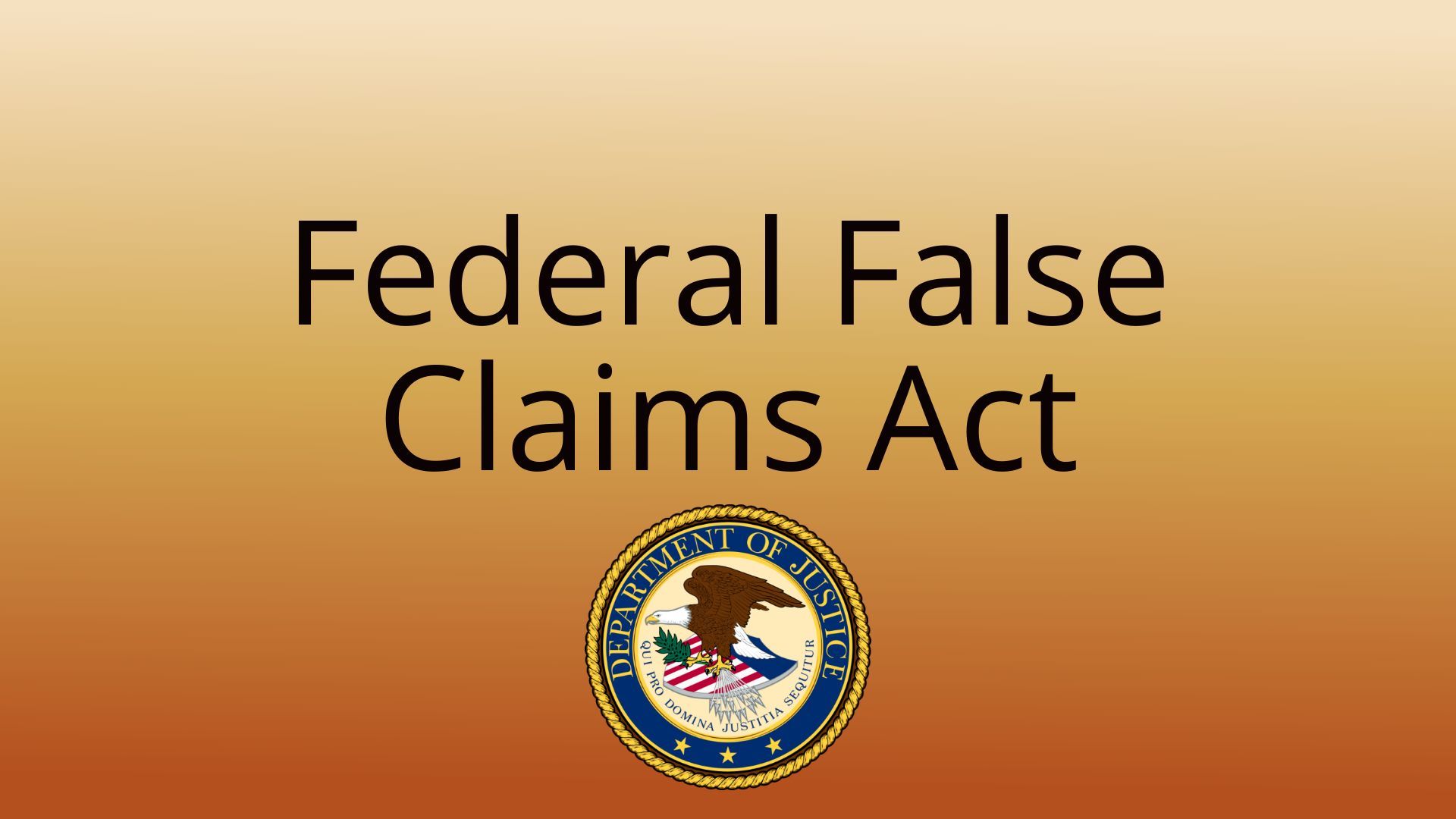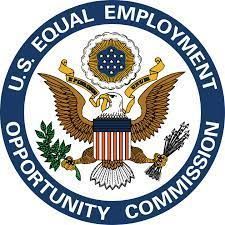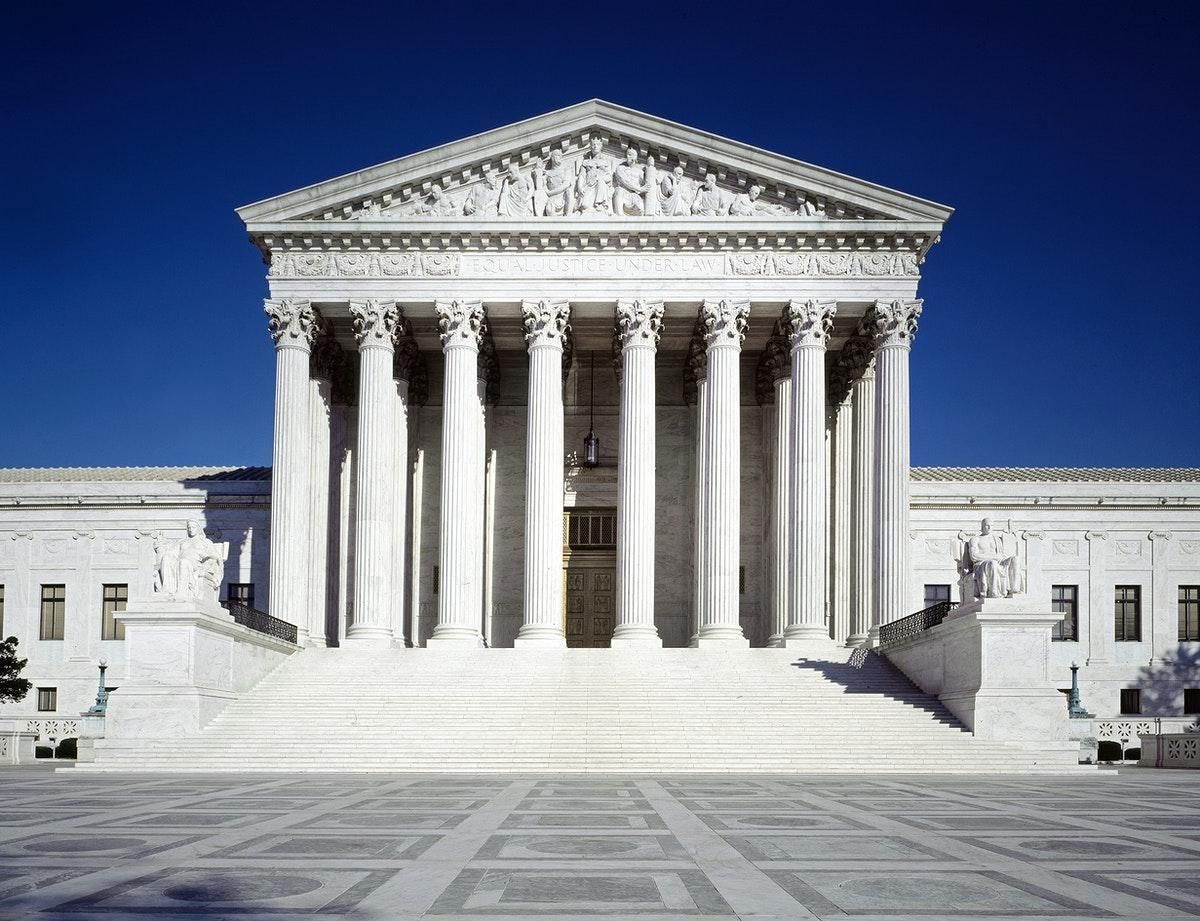DISABILITY DISCRIMINATION UNDER FEDERAL AND STATE LAW
Understanding the Americans with Disabilities Act (ADA) and New York State Human Rights Law (NYSHRL)
As an employee, it is essential to be aware of your rights and protections under the Americans with Disabilities Act (ADA) and New York State Human Rights Law (NYSHRL). Enacted in 1990, the ADA is a landmark civil rights law that prohibits discrimination against individuals with disabilities in various aspects of public life, including employment.
What is the Americans with Disabilities Act (ADA)?
The ADA is a federal law designed to ensure that individuals with disabilities have equal opportunities in employment, public services, public accommodations, transportation, and telecommunications. It applies to employers with 15 or more employees, state and local governments, and places of public accommodation.
Who is Covered under the ADA?
The ADA protects individuals with disabilities, which are defined as:
- A physical or mental impairment: This includes various medical conditions such as mobility impairments, visual or hearing impairments, intellectual disabilities, and certain chronic illnesses.
- Substantial limitation: The impairment must substantially limit one or more major life activities, such as walking, seeing, hearing, speaking, or learning.
- Record of impairment or regarded as having an impairment: Even if the individual no longer has the impairment or is perceived to have an impairment, they are still protected under the ADA.
Employment Protections under the ADA
1. Prohibition of Discrimination
The ADA prohibits employers from discriminating against qualified individuals with disabilities in all aspects of employment, including hiring, firing, promotions, training, and job assignments. Employers are required to provide reasonable accommodations to enable qualified individuals to perform their essential job functions.
2. Reasonable Accommodations
A reasonable accommodation is an adjustment or modification that allows an individual with a disability to perform their job effectively. These accommodations may include:
- Providing assistive devices or technologies
- Making workplace modifications
- Adjusting work schedules or job duties
- Granting leave for medical treatment or recovery
3. The Interactive Process
If you believe you need a reasonable accommodation, it is essential to initiate the interactive process with your employer. This involves discussing your disability-related needs and potential accommodations. Both parties must engage in good faith to find an appropriate solution.
4. Prohibition of Retaliation
The ADA also prohibits employers from retaliating against employees who assert their rights under the law or request reasonable accommodations.
Disability Rights Under the New York State Human Rights Law (NYSHRL)
The New York State Human Rights Law is comprised of legislation which prohibits discrimination on the basis of various protected characteristics, including disability. The law is enforced by the New York State Division of Human Rights (NYSDHR) and applies to all employers, housing providers, businesses, and educational institutions within the state.
Who is covered under the NYSHRL
Similar to Federal Law, the NYSHRL has a broader definition of disability than the ADA. The NYSHRL defines a person with a disability as someone who:
· Has a physical, mental, or medical impairment: This includes a wide range of conditions such as mobility impairments, sensory impairments, chronic illnesses, mental health disorders, and intellectual disabilities.
· Has a history or record of such impairment: Individuals with a past history of disability, such as those in remission from a medical condition, are also protected.
· Is perceived as having such an impairment: Even if an individual does not have a disability but is perceived as having one, they are protected under the NYSHRL.
Employment Protections under the NYSHRL
1. Prohibition of Discrimination
NYSHRL ensures that employees with disabilities are treated fairly in the workplace, and are free from discrimination and harassment.
2. Reasonable Accommodation.
Employees must also engage in an interactive dialogue with the employer if the employee wants an accommodation. The employee is entitled to a reasonable accommodation.
3. Protection Against Retaliation
In addition, the NYSHRL prohibits employers from retaliating against employees who assert their rights under the law or request reasonable accommodations.
FILING A COMPLAINT AGAINST YOUR EMPLOYER FOR DISABILITY DISCRIMINATION UNDER FEDERAL OR STATE LAW
Filing a Complaint Under the ADA
If you believe your employer has violated the ADA, you have the right to file a complaint with the Equal Employment Opportunity Commission (EEOC) within 300 days of the last date of discrimination. The EEOC will investigate your claim and take appropriate action if discrimination is found. After the EEOC issues a Notice of Right to Sue Letter, you can file a complaint in Federal Court within 90 days of the date of that letter.
Filing a Complaint Under the NYSHRL
If you believe your employer violated the NYSHR, you can file a complaint with the New York State Division of Human Rights within one year of the last date of discrimination. The NYSDHR will investigate your claim and take appropriate actions to remedy the discrimination. Alternatively, you can file in New York State Supreme Court within 3 years of the date of discrimination.
Conclusion
The EEOC and NYSHRL are powerful tools to protect the rights of individuals with disabilities. By understanding your rights, you can ensure that you are treated fairly and have equal opportunities in the workplace. If you believe you have experienced discrimination, require an accommodation, or need assistance in navigating the law, consult an experienced employment attorney who can guide you through the process and advocate for your rights.
Location
Raymond Nardo, P.C.
129 Third Street Mineola,
New York 11501
Contact Us
516-248-2121
All Rights Reserved | Law Office of Raymond Nardo


